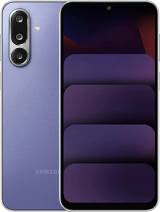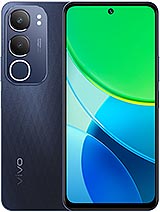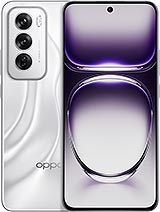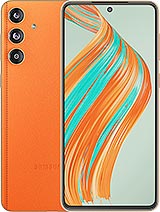Infinix Note 50s alternatives
Tap above to see alternatives.
Nothing Phone (2a) Plus alternatives
Tap above to see alternatives.
Infinix Note 50s
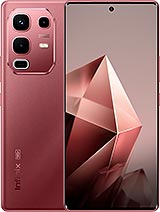
Infinix Note 50s
-
Dimensity 7300
4 nm
-
5500 mAh
45W
-
6.78"
1080 x 2436 pixels
-
64 MP
4K@30fps
-
Specs

Nothing Phone (2a) Plus

Nothing Phone (2a) Plus
-
Dimensity 7350 Pro
4 nm
-
5000 mAh
50W
-
6.7"
1084x2412 pixels
-
50 MP
4K@30fps
- Specs
4x2.5 GHz Cortex-A78
4x2.0 GHz Cortex-A55
2x3.0 GHz Cortex-A715
6x 2.0 GHz Cortex-A510
8GB 256GB (UFS 2.2)
12GB 256GB (UFS 2.2)
f/1.8, (wide), 1/1.73", 0.8µm, Sony IMX682, PDAF
2 MP
f/1.9, 24mm (wide), 1/1.57", 1.0µm, PDAF, OIS
50 MP
f/2.2, 114˚ (ultrawide), 1/2.76", 0.64µm
1080p@30fps
1080p@60/120fps
f/2.2, (wide)
f/2.2, (wide), 1/2.76"
1080p@30fps
SIM1: Nano, SIM2: Nano
SIM1: Nano, SIM2: Nano
10 5G bands
n1, n3, n5, n8, n28, n38, n40, n41, n77, n78
13 5G bands
n1, n3, n5, n7, n8, n20, n28, n38, n40, n41, n66, n77, n78
In this performance comparison, the Nothing Phone (2a) Plus with its Mediatek Dimensity 7350 Pro (4nm) performs better than the Infinix Note 50s with the Mediatek Dimensity 7300 (4nm), thanks to superior chipset efficiency.
Both phones launched with Android 15 and will get updates until Android 17. Both phones are expected to receive security updates until around 2028.
Both Infinix Note 50s and Nothing Phone (2a) Plus feature AMOLED displays, offering vibrant colors and deeper blacks. In terms of smoothness, Infinix Note 50s offers a higher 144 Hz refresh rate, ensuring fluid scrolling and animations. Both devices deliver the same brightness level at 1300 nits. Notably, Nothing Phone (2a) Plus offers a higher screen resolution, resulting in sharper visuals and more detailed content.
Infinix Note 50s comes with a larger 5500 mAh battery, which may offer longer usage on a single charge. Nothing Phone (2a) Plus also supports faster wired charging at 50W, compared to 45W on Infinix Note 50s.
Infinix Note 50s offers better protection against water and dust with an IP64 rating.
¹ Scores can vary even with the same chipset due to RAM, thermals, and software optimization.

